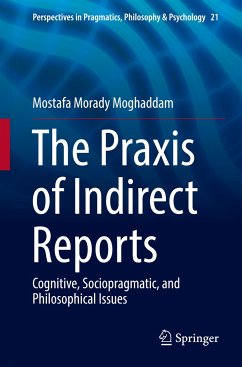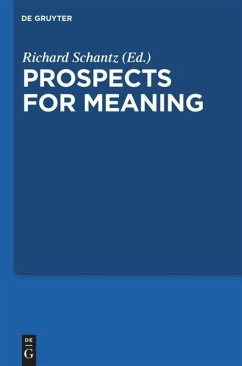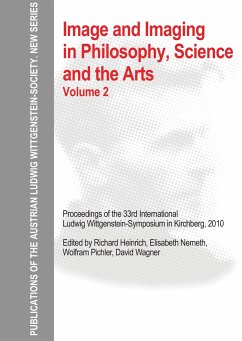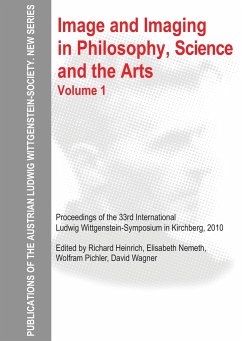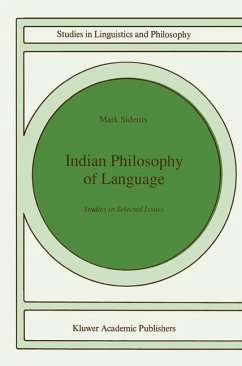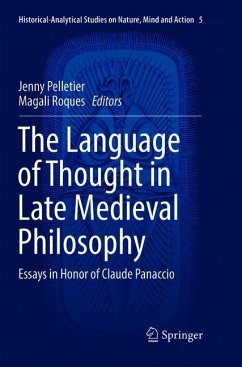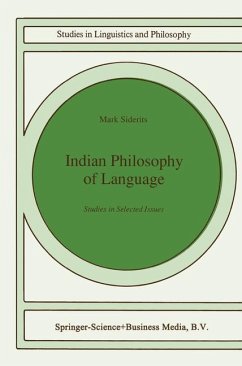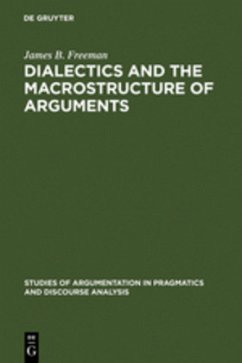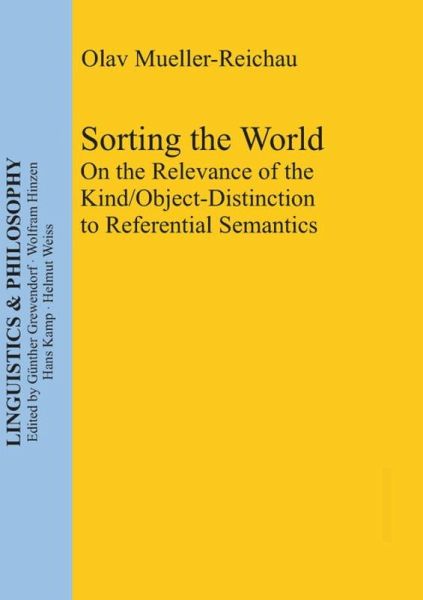
Sorting the World
On the Relevance of the Kind/Object-Distinction to Referential Semantics

PAYBACK Punkte
33 °P sammeln!
The basic hypothesis of this book is that linguistic reference to kinds should be seen as reference to sortal concepts, i.e. cognitive categories for identifying and classifying objects. Viewed that way, kinds serve as the interface between the conceptual system and the grammatical system. Kind-level predicates differ as to whether they presuppose (e.g. to be extinct) or entail (e.g. to invent) the existence of objects, with crucial consequences for the interpretation of indefinite argument noun phrases. Moreover, object reference always involves underlying kind reference, but kind reference d...
The basic hypothesis of this book is that linguistic reference to kinds should be seen as reference to sortal concepts, i.e. cognitive categories for identifying and classifying objects. Viewed that way, kinds serve as the interface between the conceptual system and the grammatical system. Kind-level predicates differ as to whether they presuppose (e.g. to be extinct) or entail (e.g. to invent) the existence of objects, with crucial consequences for the interpretation of indefinite argument noun phrases. Moreover, object reference always involves underlying kind reference, but kind reference does not always involve object reference. This asymmetry, once recognized, proves useful in solving otherwise puzzling problems in semantic composition.





